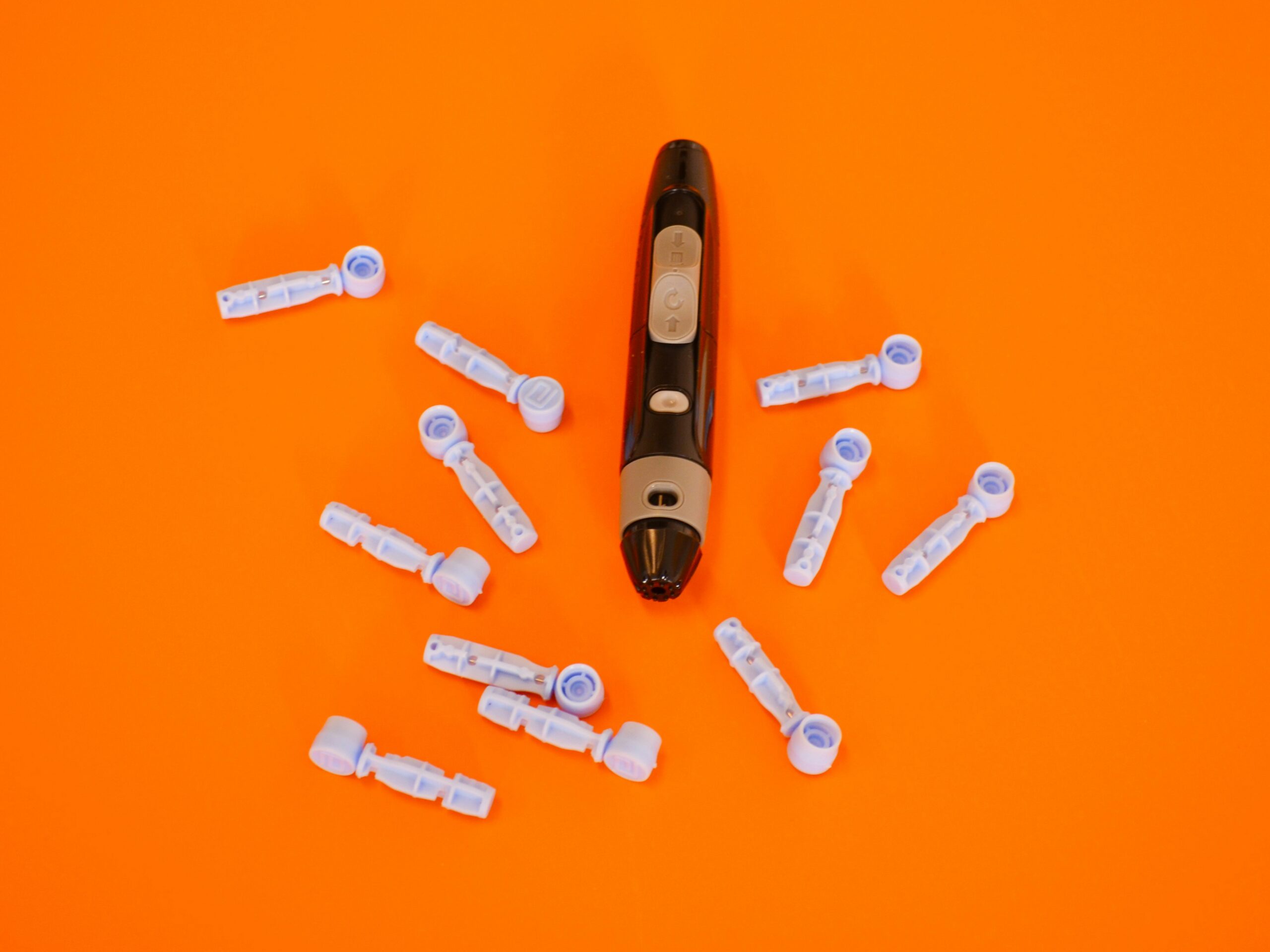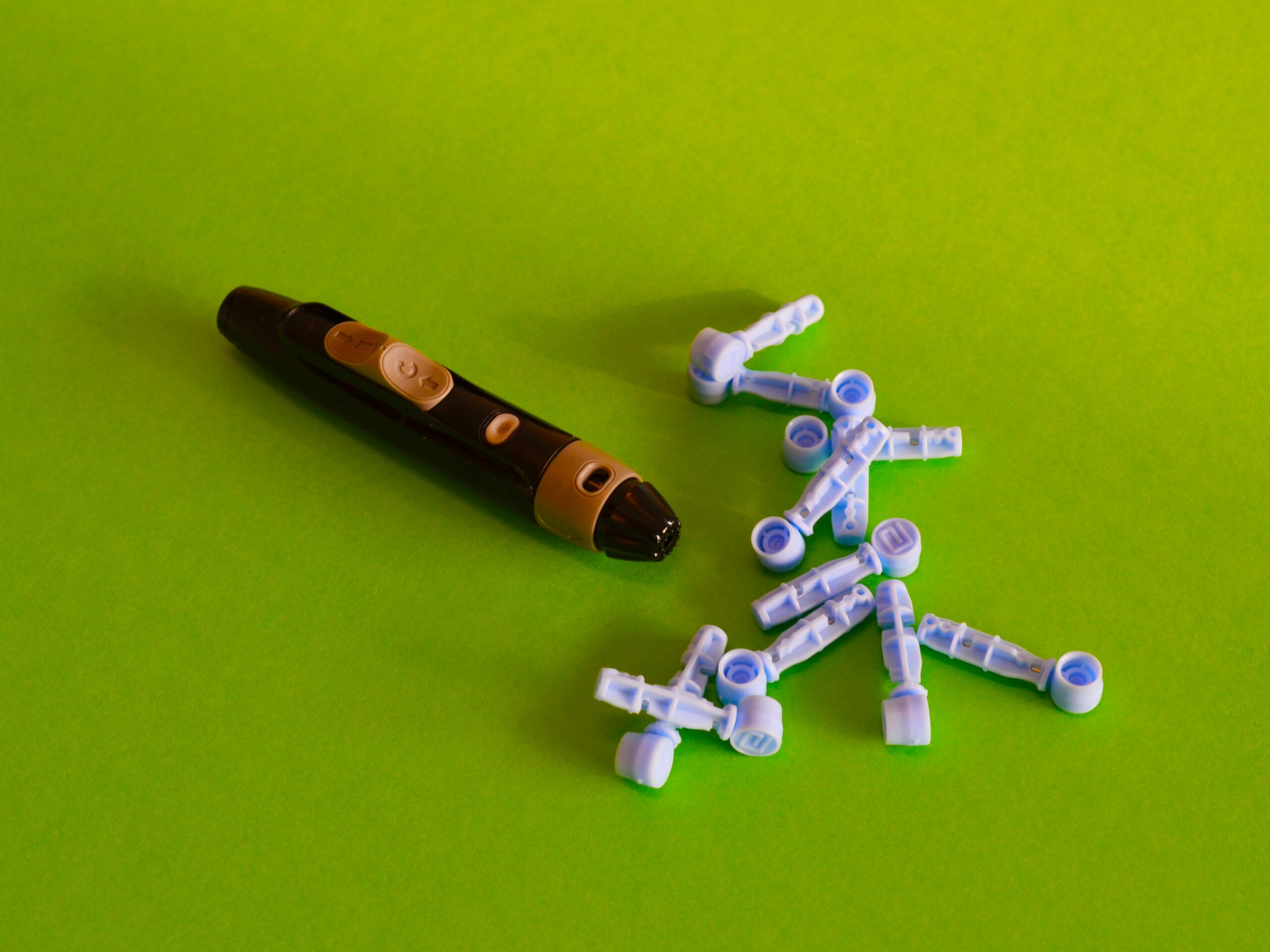Have you ever noticed a peculiar change in the scent of your urine when you wake up in the morning? If you’re living with diabetes, this might be more common than you think. “How Does Diabetes Impact The Smell Of Morning Urine?” explores the fascinating connection between blood sugar levels and the odor of your urine. When diabetes affects your body’s ability to manage glucose, it can lead to a distinct, sweet-smelling urine due to the presence of excess sugar being flushed out. This thoughtful article delves into the reasons behind this phenomenon, helping you understand how your morning routine might offer valuable insights into your health. Have you ever wondered why your morning urine has a strange smell, especially if you have diabetes? It’s not usually the first thought that comes to mind when you think about diabetes, but being curious about changes in your body can lead to important discoveries and better health management. Let’s dive deep into the question, “How does diabetes impact the smell of morning urine?”

Understanding Diabetes
Before we get into the specifics, it’s crucial to understand what diabetes is and how it affects your body. We’ll keep things simple and straightforward.
What is Diabetes?
Diabetes is a chronic condition that affects the way your body processes blood sugar (glucose). There are two main types of diabetes: Type 1 and Type 2. In Type 1 diabetes, your body doesn’t produce insulin. In Type 2, your body either doesn’t produce sufficient insulin or doesn’t use it effectively.
How Does Diabetes Affect Your Body?
Insulin is a hormone made by the pancreas that helps glucose get into your cells to give them energy. If your body doesn’t make enough insulin or can’t use it properly, glucose stays in your blood, leading to elevated blood sugar levels. This can cause a range of symptoms and complications, one of which could be a change in the smell of your urine.
Why Does Urine Smell?
To comprehend why diabetes might change the odor of your morning urine, it’s vital to understand what factors usually influence urine’s smell.
Composition of Urine
Urine is primarily made up of water, but it also contains various waste products that are filtered out from your blood by your kidneys. These waste products can include urea, creatinine, ammonia, and other metabolites.
Factors Affecting Urine Smell
Several factors can affect the smell of urine, including:
- Hydration Levels: Diluted urine (when you drink a lot of water) has less odor than concentrated urine.
- Diet: Certain foods like asparagus or coffee can give urine a noticeable smell.
- Medications and Supplements: Some can alter the smell of your urine.
- Health Conditions: Infections, liver problems, and of course, diabetes, can change urine’s smell.
How Diabetes Changes Urine Smell
Now, let’s get into the nitty-gritty of how diabetes specifically impacts the smell of your morning urine.
High Blood Sugar (Hyperglycemia)
One of the main features of diabetes is elevated blood sugar levels. High blood sugar levels can lead to a variety of symptoms, including an increased odor in your urine.
Glucosuria
When there is excess glucose in the blood, your kidneys work hard to filter it out. However, they can only reabsorb so much glucose before it spills over into your urine. This condition is known as glucosuria. The presence of glucose in your urine can give it a sweet or fruity odor.
Ketoacidosis
Another critical factor is diabetic ketoacidosis (DKA), a severe condition where the body produces high levels of blood acids called ketones due to insufficient insulin. This can also lead to a distinctive fruity smell in your urine.
Dehydration
People with diabetes are often more prone to dehydration due to increased urination (polyuria) and may not realize they need to drink more fluids. Concentrated urine smells stronger, and in diabetics, it may amplify any existing odors influenced by blood sugar levels.
Infections
Diabetes can also make you more susceptible to urinary tract infections (UTIs), which can change the odor of your urine. Bacteria in the urine can produce a strong, unpleasant smell.
Table of Factors Affecting Urine Smell in Diabetics
The table below summarizes the various factors:
| Factor | Explanation | Impact on Urine Smell |
|---|---|---|
| High Blood Sugar | Excess glucose in the blood spills over into urine (glucosuria) | Sweet or fruity odor |
| Ketoacidosis | High levels of ketones due to insufficient insulin | Fruity odor |
| Dehydration | Increased urination leads to concentrated urine | Stronger, more pungent smell |
| Infections | Higher susceptibility to UTIs | Unpleasant, foul odor |
Recognizing Changes in Urine Smell
It’s essential to be aware of how your urine smells and recognize when there might be a problem that requires medical attention.
When to Be Concerned
If you detect a significant change in the smell of your urine that persists for more than a few days, it’s worth paying attention. Alters in urine smell can be a sign of varying conditions, from minor dietary changes to something as serious as ketoacidosis.
Accompanying Symptoms to Watch For
Changes in urine smell due to diabetes are often accompanied by other symptoms. You should be on the lookout for:
- Increased thirst and hunger
- Frequent urination
- Unexplained weight loss
- Fatigue
- Blurry vision
- Nausea and vomiting (in severe cases of ketoacidosis)
Consult Your Healthcare Provider
If you’re concerned, it’s always a good idea to consult your healthcare provider. They can perform tests to determine if your blood sugar levels are well-managed and whether there are other issues like an infection.

Managing Diabetes to Improve Urine Smell
Good diabetes management can go a long way in controlling and even improving the smell of your urine.
Blood Sugar Management
Keeping your blood sugar levels within the target range is fundamental.
Medication
Whether you have Type 1 or Type 2 diabetes, taking your prescribed medication or insulin as directed is crucial.
Diet
A balanced diet plays a significant role. Here’s some simple advice:
- Monitor Carbohydrate Intake: Carbs affect your blood sugar levels directly.
- Stay Hydrated: Drinking plenty of water can help dilute urine and lessen odor.
- Healthy Eating: Incorporate plenty of fruits, vegetables, and whole grains.
Regular Monitoring
Regular blood sugar monitoring can help you take immediate action to correct high or low levels.
A1C Test
This blood test shows your average glucose levels over the past 2-3 months. It’s a good indicator of your long-term control.
Hydration
Staying well-hydrated helps keep your urine diluted and can reduce strong odors. Aim for at least 8 cups of water a day, more if you’re active.
Lifestyle Changes to Consider
In addition to medical treatment and dietary management, there are lifestyle changes you can adopt to help manage your diabetes effectively.
Regular Exercise
Exercise improves insulin sensitivity, helps control blood sugar levels, and can improve overall physical health.
Types of Exercise
- Aerobic Activity: Such as walking, jogging, or swimming.
- Strength Training: Using weights or resistance bands.
- Flexibility Exercises: Like stretching or yoga.
Stress Management
Stress can negatively impact blood sugar levels. Incorporate stress-reducing activities like meditation, deep-breathing exercises, or hobbies you enjoy.
Sleep
Quality sleep is often overlooked but is essential for diabetes management. Poor sleep can impact blood sugar levels.
Tips for Better Sleep
- Maintain a regular sleep schedule.
- Create a comfortable sleeping environment.
- Avoid caffeine and heavy meals close to bedtime.

The Impact of Medications and Supplements
Certain medications and supplements you take for diabetes or other conditions can also impact urine smell.
Diabetes Medications
Some diabetes medications, like Metformin, can sometimes cause a distinctive odor in your urine. If this happens, consult your healthcare provider for advice.
Vitamins and Supplements
Certain vitamins, particularly those high in Vitamin B6, can alter the smell of your urine. Always discuss any supplements you’re taking with your doctor to ensure they won’t interfere with your diabetes treatment.
Other Health Conditions to Consider
If your urine has a strange odor and you have diabetes, it might not always be related to diabetes. There are other conditions to consider.
Urinary Tract Infections (UTIs)
Liver or Kidney Issues
Liver or kidney problems can also change the smell of your urine. If you suspect you have issues with these organs, please consult your healthcare provider immediately.
Table of Non-Diabetes Related Smells
To give you a clearer idea, here’s a table summarizing some conditions and their typical impact on urine smell:
| Condition | Typical Urine Smell |
|---|---|
| Urinary Tract Infection (UTI) | Foul, strong odor |
| Liver Disease | Musty odor |
| Kidney Failure | Ammonia-like odor |
| Dehydration | Stronger, more pungent odor |
Final Words: Monitoring and Early Intervention
Don’t underestimate the power of your senses. Monitoring changes in the smell of your morning urine can give you valuable clues about your health. Early intervention can prevent many complications related to diabetes.
Regular Check-Ups
Schedule regular check-ups with your healthcare provider to keep on top of your diabetes management.
Open Communication
Keep an open line of communication with your healthcare provider. If something feels off, especially if you notice changes in your urine smell, don’t hesitate to bring it up.
Taking Control
Knowledge is empowering. By understanding how diabetes impacts the smell of your morning urine, you can take better control of your health. Implement the advice shared in this article, and you’ll be on a better path to managing your diabetes effectively.
Remember, while noticing changes in urine smell can be a helpful clue, it’s just one piece of the puzzle. Comprehensive diabetes management requires a holistic approach, including medication, diet, exercise, and regular medical consultations.
So next time you notice a change in the smell of your morning urine, you’ll have a better idea of what might be going on and what steps to take next. Stay curious, stay informed, and above all, take good care of yourself!

